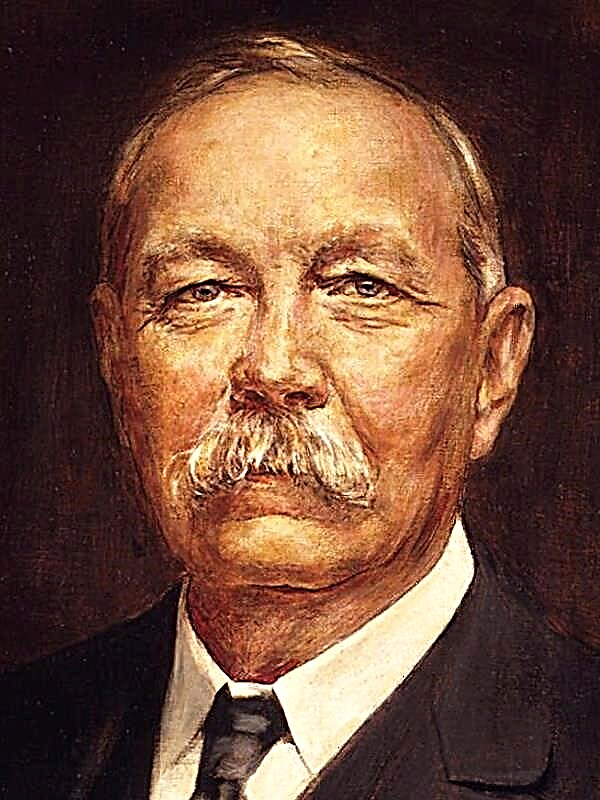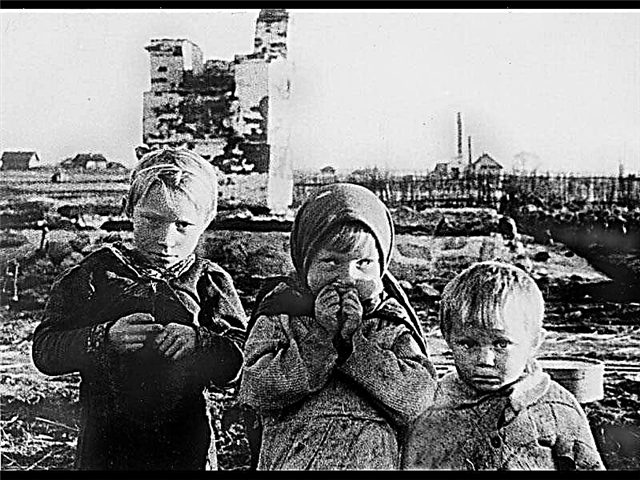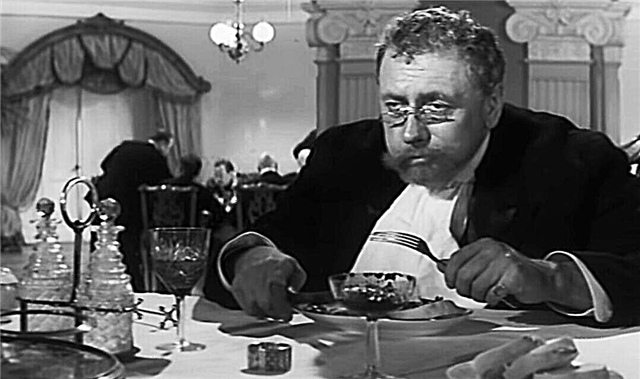Life without a goal cannot reveal a person’s rich potential, therefore, cannot fully satisfy his spiritual needs. That is why to live without aspirations, desires, intentions and plans can only be one who considers himself to be such a primitive creature that does not need self-realization. Other people who have a more flattering opinion of themselves cannot exist aimlessly.
Even a small man, Akaki Akakievich, the hero of the novel “Overcoat” by N.V. Gogol, has a life attitude. He wanted to achieve respect in the team, so he decided to purchase more decent outerwear. He saved for a long time on the most necessary product, limited himself in everything, just to save on the desired thing. He lived in expectation of this greatcoat, it pleased and inspired him. Even he, a man without special claims to elitism or education, had a certain intention that directed his actions every day. Having received a new overcoat, he really began to feel better and freer. And having lost her, he died of grief, because you can’t live aimlessly.
The hero of the story by A. Pushkin “Station Warden”, having lost his daughter, who escaped with a hussar, also lost his incentive to live, washed down and soon died. His goal was to educate and maintain his beloved daughter, Dunya. This affectionate beauty became everything for him after the death of his beloved wife. He put all his strength, all his means into ensuring that she did not need anything. But Duna was not enough, and she left to arrange her life in the city, forgetting about her father. Samson Vyrin could not stand this blow and could not live without a goal. In the finale we see that Dunya weeps bitterly on his grave.
Thus, the goal is what we stand up for every day and do what we should. Without it, our existence will lose value, we will lose ourselves in the routine of a monotonous day, not connected by a single thought, a single feeling.

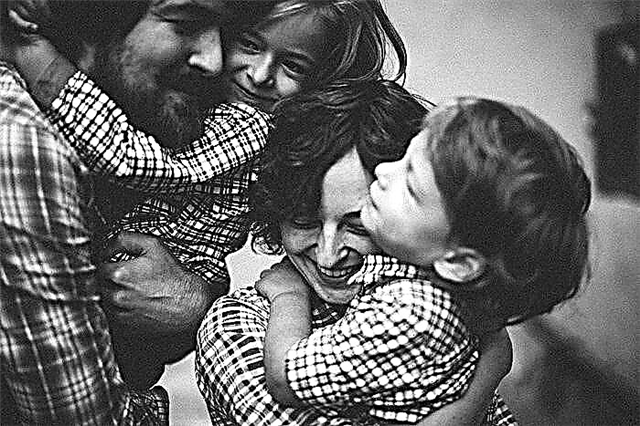
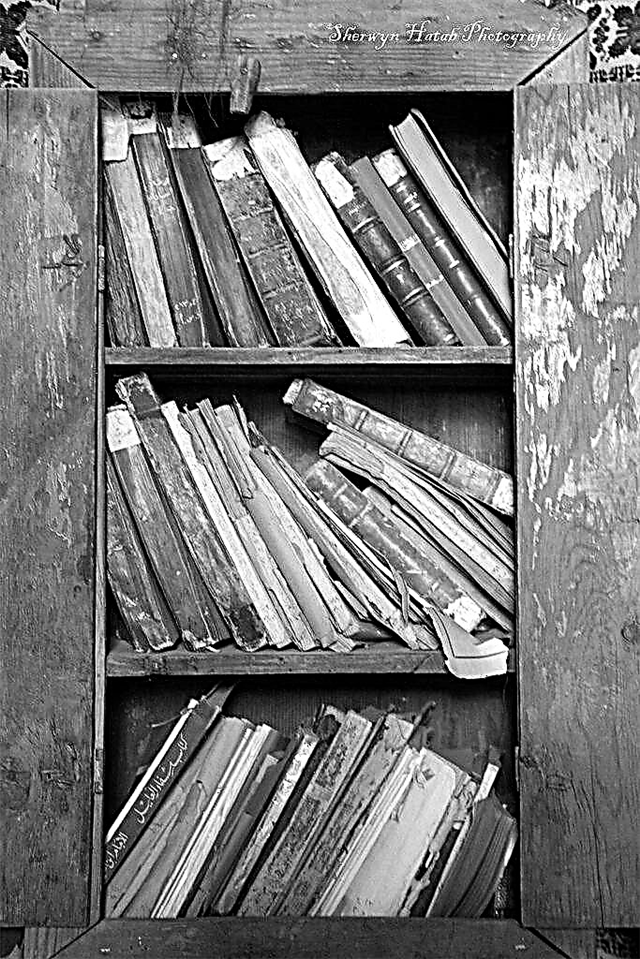
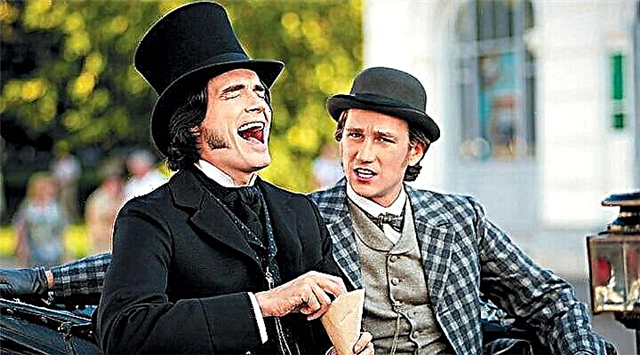
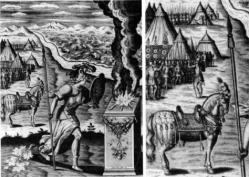


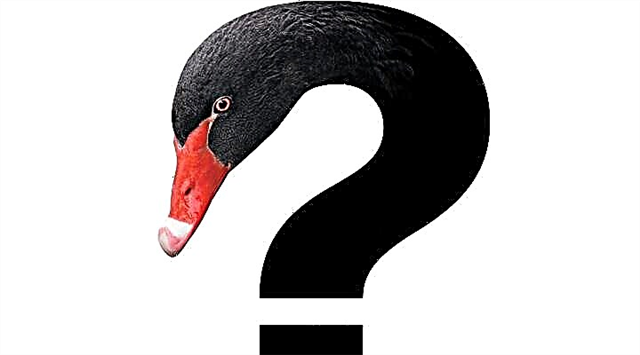 Black Swan
Black Swan